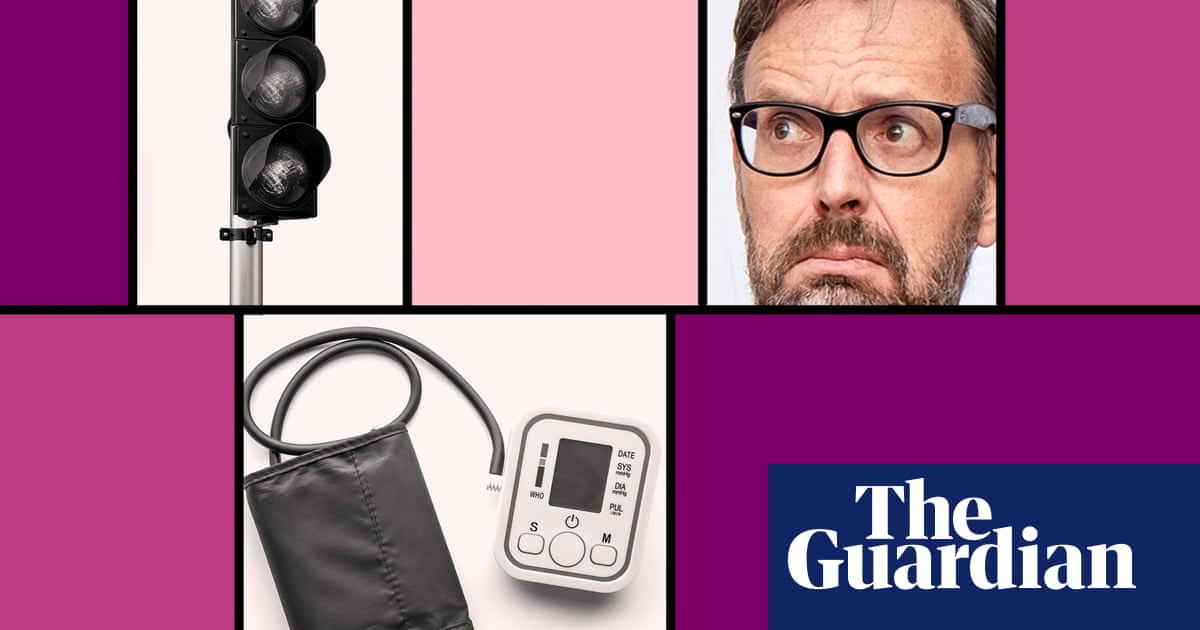
A friend sends me a picture of his lettuce seedlings, grown from seed I gave him so that he could find purpose in isolation. He wants to know if he can plant them out yet.
“No,” I write back. “Too soon.” He is still bowing to my expertise, even though my seed tray remains bare. He doesn’t need to know I am struggling to find purpose in isolation.
Before the lockdown I was trying to write a book – or rather, I was trying not to write a book. Every morning I would sit at my desk and pray that events would intervene to divert me from my purpose. Most days, they did.
But trying not to write a book in the current circumstances is extremely challenging, requiring long and fruitless hours, isolation within isolation. An empty seed tray is no help.
In the evenings my wife and I eat in front of the television. It doesn’t matter if the programme is terrible, as long as we agree on it. Actually it’s better if we don’t agree – that way someone can be blamed.
“That was dreadful,” my wife says. “Your fault.”
“I ate so fast I feel sick,” I say. “Is there chocolate?”
“I’m picking the next one,” she says, grabbing the remote.
“When this is all over I’m going to need basic etiquette lessons,” I say. “How to use a fork, keeping food off your face, chapter one stuff.”
I go out to my office the next morning to find that the bent necks of eight little seedlings have appeared overnight. By late afternoon they have freed their heads from the damp earth. The day flies by.
At 5pm, I am ready to take my daily walk, but no one will come with me. My wife and two sons have never been busier: typing furiously, chasing fixed deadlines. Nobody else understands what it is like to try not to do something all day.
I walk alone – a brisk, circuitous stroll through the surrounding neighbourhood. The low sun is shining; the air still warm. I see almost no one, but on the return leg I encounter a fox coming other way. We cross paths without making eye contact, but a moment later we both turn to give the other an accusing look: you’re not supposed to be out here.
Early the next morning I go out to my office shed, and come straight back in again.
“Yesterday there were eight seedlings,” I say. “Today there are six.”
“Oh dear,” my wife says. “You must have miscounted.”
“No,” I say. “There are two new ones, but four are gone.”
“Perhaps they were killed by your suffocating attentions,” she says.
“They didn’t die,” I say.
“I’m right in the middle of something, so,” she says, pointing at her computer screen.
“They were taken,” I say.
The next morning there are only two seedlings. The rest of my day is coloured by quiet fury, and the suspicion that I am being gaslit by vegetation.
“It makes no sense,” I say that night. “They were healthy, and had everything to live for.”
“I’m trying to watch this,” my wife says. “Dreadful as it is.”
“Your choice,” I say.
“I know,” she says. “I’m going to bed, actually. Will you lock up?”
“Yes,” I say. But first I drink another glass of wine, and watch the terrible show in its entirety. Then I cross the garden to my office. Before I lock the door, I flick on the light and lift the cover of the seed tray. There I find a fat, pointed worm finishing off the last of my seedlings. I don’t even get a good look at it, before I pinch it between two fingers and throw it out into the night.
My wife lowers her book briefly when I enter the bedroom, wild-eyed.
“I have a new enemy,” I say. “By day it lurks in the soil.”
“Maybe you could try making bread or something,” she says.












